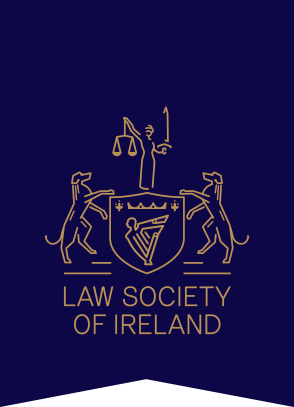EU Consumer rights – New Developments
This Friday the 13th of June will see the coming into force of new rules in relation to consumer rights in the European internal market. The Directive 2011/83 EU strengthens certain rights that the consumer can exercise in particular in relation to contracts formed online, by phone or by post with a supplier or trader trading in one of the Unions 28 member states.
Cooling Off Period
One of the main changes that the Directive will impose is a lengthening of the ‘cooling-off’ period to 14 days after receipt of the good or service, a welcome elongation to the previous 7 day limitation, which gives the consumer more time and freedom in deciding whether or not they are satisfied with the good that they have purchased. Under previous legislation also, the 7 day period commenced from the date of purchase, rather than the date of receipt of the item as the new Directive outlines, a rule which is much fairer to the consumer. You will now have 14 days from when you receive the good or service during which you may request a full refund, including delivery costs, should you decide to withdraw from the contract. Also, when a seller hasn’t clearly informed the customer about the withdrawal right, the return period will be extended to a year, giving extra protection to the consumer.
Model Withdrawal Form
The union have attempted to simplify the process of withdrawal also, with the introduction of an EU model Withdrawal Form, that the consumer can use if they wish to withdraw from a contract concluded at distance. The introduction of this form should bring uniformity to the withdrawal process across Europe, and improve its efficiency. It will also act as a useful tool to consumers who may be unsure of how to go about withdrawing from a contract concluded with a trader or supplier at distance.
Pre-ticked Boxes
In the interest of consumer protection from hidden charges the Union has banned ‘pre-ticked’ boxes on websites, for example like those often encountered when purchasing flights online, forcing the consumer to ‘un-click’ out of suggestions to purchase travel insurance or car rental, often hiking up the price of the principal transaction. The interest lies in preventing internet ‘fraudsters’ from imposing unwanted costs on to consumers, in line with the Unions wishes to reinforce the consumers right to clear and adequate information.
Cost Traps
Other alterations include a restriction on ‘cost-traps’ that the consumer encounters when shopping online, an increase in price transparency, an elimination in the surcharge for use of credit-cards or hotlines, clearer information on the costs of returning goods and better consumer protection in relation to the purchase of digital products.
 Niall Colgan is a Cork based Solicitor with over 10 years experience in private practice. This Blog was co-written with Maura Kavanagh a final year law and french student at UCC.
Niall Colgan is a Cork based Solicitor with over 10 years experience in private practice. This Blog was co-written with Maura Kavanagh a final year law and french student at UCC.










